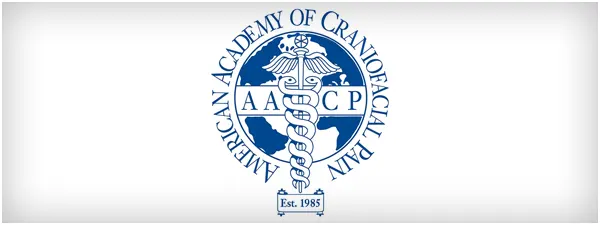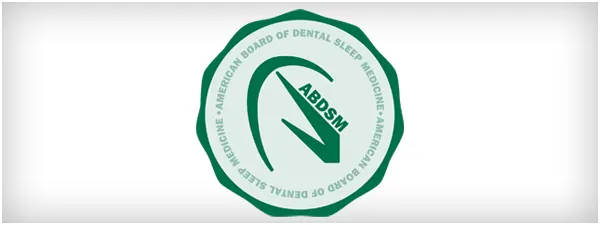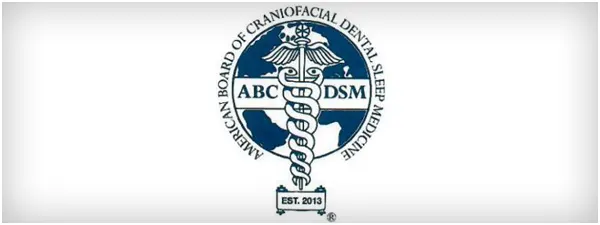TMJ & Sleep Therapy Centre
Request an Appointment Click to CallHow to Sleep with TMJ

If jaw pain or teeth grinding is keeping you awake at night, you may be experiencing a temporomandibular joint (TMJ) disorder. The TMJ is the hinge that connects your jaw to your skull, and when it’s under stress, it can cause stiffness, headaches, and discomfort—especially while sleeping. Common triggers include teeth grinding (bruxism), jaw clenching, arthritis, or past injury.
Finding ways to sleep comfortably with TMJ pain can make a huge difference in your daily life. Try sleeping on your back to reduce jaw pressure and use a supportive pillow that keeps your neck aligned. Avoid chewy foods before bed and apply heat or cold therapy to relax tense jaw muscles.
Creating a cool, dark sleep environment can also help you rest better when dealing with TMJ discomfort. If you're grinding your teeth, talk to your dentist about getting a night guard—it's one of the most effective tools for sleeping with TMJ pain.
How Should I Sleep With TMJ?
One of the most painful TMJ problems is sleep, because that’s when you grind your teeth and because that’s when you lay with your jaw not in perfect alignment.
When you think about the best ways to sleep with TMJ, some of the most common are supporting your neck and head (this may require investment into a new pillow, but the rewards can vastly outweigh the consequences); avoiding positions where you feel neck and back strain (this may take some trial and error, but it can be done); determine whether you clench your jaw or grind your teeth while sleeping with TMJ pain.
Best Sleeping Positions for TMJ Relief
There are a lot of practices that you can take to get better sleep and ease your jaw pain while sleeping. Let’s discuss the most common sleeping positions and whether or not they’re a good choice for TMJ:
- Sleep on Your Back: Sleeping on your back with a supportive pillow helps keep the head, neck, and spine properly aligned. This position reduces pressure on the jaw joint, allowing the surrounding muscles to relax during the night.
- Side Sleeping: If sleeping on your back feels uncomfortable, side sleeping is an alternative. However, it is important to use a supportive pillow to maintain correct head and neck alignment. Be careful not to press the jaw directly into the pillow, as this may increase discomfort.
- Avoid Sleeping on Your Stomach: Sleeping on your stomach forces the head and neck into unnatural positions, placing strain on the jaw. This posture often contributes to clenching, stiffness, and increased pain in the morning.
Why Is TMJ Worse at Night?
Many people notice their TMJ symptoms feel worse at night. That’s because while you sleep, you may unconsciously clench or grind your teeth as your body tries to keep the airway open. This constant pressure on the jaw joint makes it more sensitive, which is why morning headaches, jaw soreness, and stiffness are so common.”
Can a Night Guard Help With Jaw Pain or Make TMJ Worse?
A night guard can be an effective solution for jaw pain, especially if you suffer from teeth grinding or clenching at night. By creating a protective barrier between your upper and lower teeth, it reduces pressure on the jaw joint and helps prevent headaches, migraines, and facial discomfort caused by TMJ disorders. Since TMJ symptoms often intensify during sleep, wearing a custom night guard not only protects your teeth but also minimizes strain on the jaw muscles, allowing you to rest more comfortably.
Don’t let TMJ pain steal your sleep. Schedule an appointment with our specialists today to find lasting relief and wake up refreshed.






